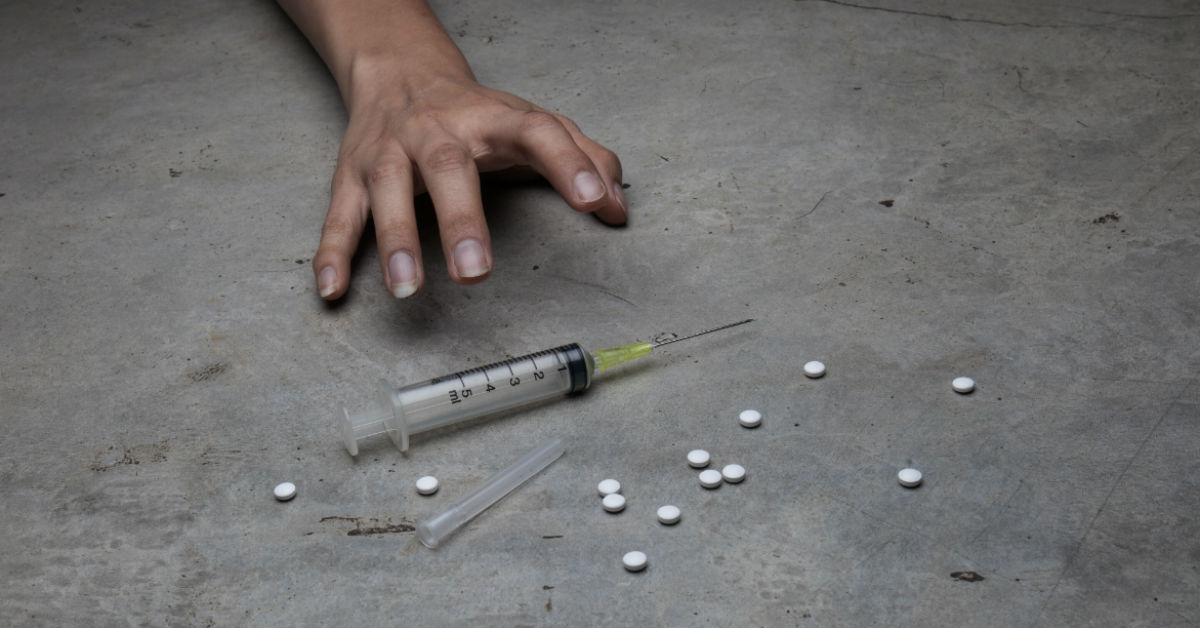Procrastinating, or putting tasks off until the last minute, is common for any age, but the negative consequences can be especially hard on teenagers. Dealing with procrastination is an important part of maturing and moving toward accepting adult responsibilities, according to the adolescent experts at Help Your Teen Now. The sooner teens learn how to overcome procrastination, the more self-confident and capable they will become.
Causes of Procrastination
Procrastination by teenagers may arise from a number of issues. Often, teens don’t comprehend exactly how much time a certain task will take and therefore delay it. Teens who suffer from perfectionism or anxiety may procrastinate as an effort to handle stress. Sometimes, teens simply don’t have enough motivation to start a task and either aren’t aware of or don’t care about the consequences of inaction. No matter what the reason, teen procrastination almost always leads to problems at school, work or home.
3 Ways to Avoid Teen Procrastination
Here are 3 ways that parents can help their teens avoid procrastination:
Tip #1. Provide clear expectations and deadlines
It’s easier for anyone to avoid procrastination when they have a clear idea of what needs done and the steps that must be taken to accomplish it. Whether it’s a science fair project, studying for an exam, cleaning a bedroom or other task, a teenager will do better when he or she understands the timeline. Parents should clearly explain the outline of the task, and check that the teenager understands everything. Taking time to eliminate confusion will eliminate obstacles down the road.
If the task is school-oriented, with a deadline, parents can help the teen divide up the steps into a reasonable time frame. For example, a book report could be broken into steps like: finish the book, write an outline, write a rough draft, edit and proofread, and write a final draft. Working backward from the due date, parents and teens can set up a schedule for completion. If the task is something more immediate, such as cleaning out a shed, parents and teens can work together to outline steps to accomplish the task. For example, the teen might divide up the tasks as: haul out garden equipment, haul out boxes, throw away anything broken or unusable, sweep inside shed and move contents back inside the shed.
Tip #2. Identify motivations for procrastination
Because teens often have a harder time investing in long-term behaviors, they focus on the here and now. In other words, a teen may choose to hang out with friends rather than start writing a book report that isn’t due for a few days. Parents can help teens with motivation when it comes to accomplishing tasks by pointing out the benefits of getting started early on tasks. For example, if a teen wants to go to the movies with her friends the day before a major test, a parent can point out that procrastinating the studying for the test will mean that she cannot go to the movie. Sometimes, it takes the long-range insight of a parent to help the teen get motivated and avoid procrastination.
Other inhibitors of motivation may be distaste for the task, like chores or homework. Parents can point out that tackling an unpleasant or unenjoyable task early gets it out of the way rather than allowing it to hang over the teen’s schedule.
Tip #3. Experience the consequences of procrastination
Teens should have some experience in learning what happens when they procrastinate too long. Whether it’s missing a social activity to do chores that got put off or receiving a lower grade for an assignment or project that was completed at the last minute, teens will quickly see the results of not planning ahead. Parents often feel like they must step in to rescue teens from their bad procrastination habits, but stepping back and letting them reap the consequences can be one of the best life lessons they will learn.
When parents learn why teens procrastinate and what they can do to help them avoid procrastination, teens will be better equipped to deal with an increasingly busy world that places lots of demands on their time. Learning that procrastination does not pay off will enable teens to be more successful at school and at home.










0 Comments